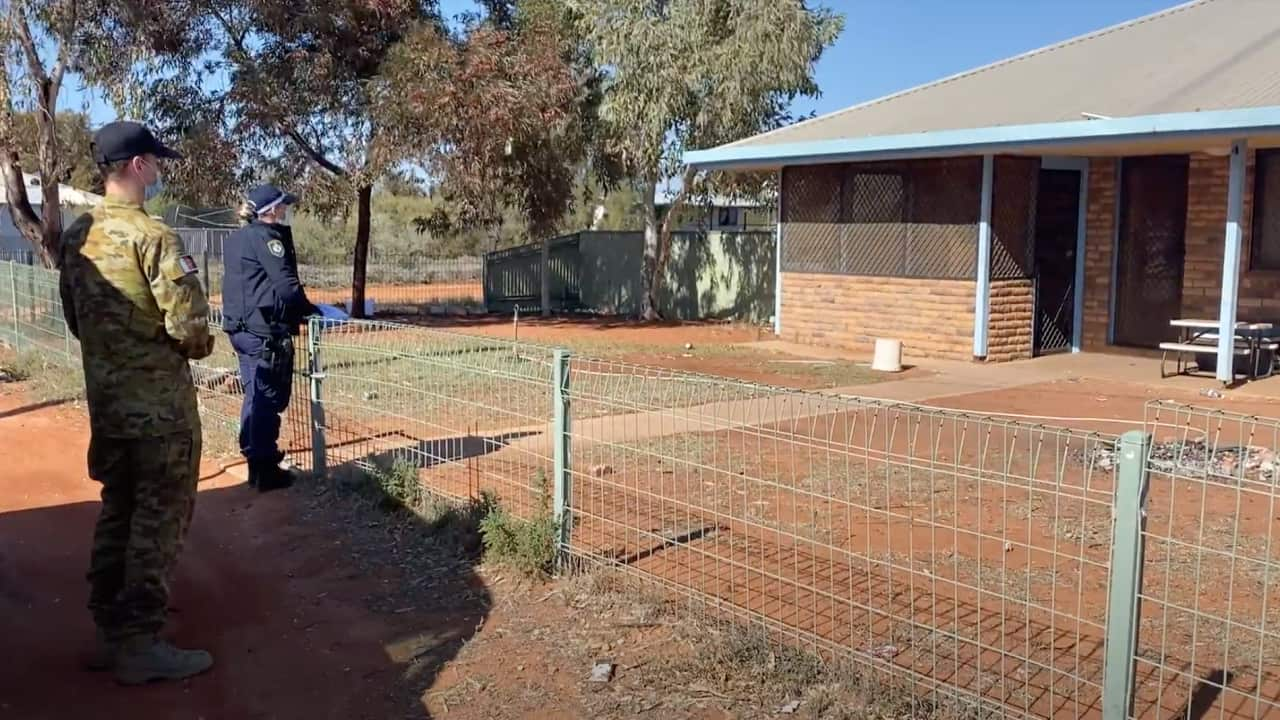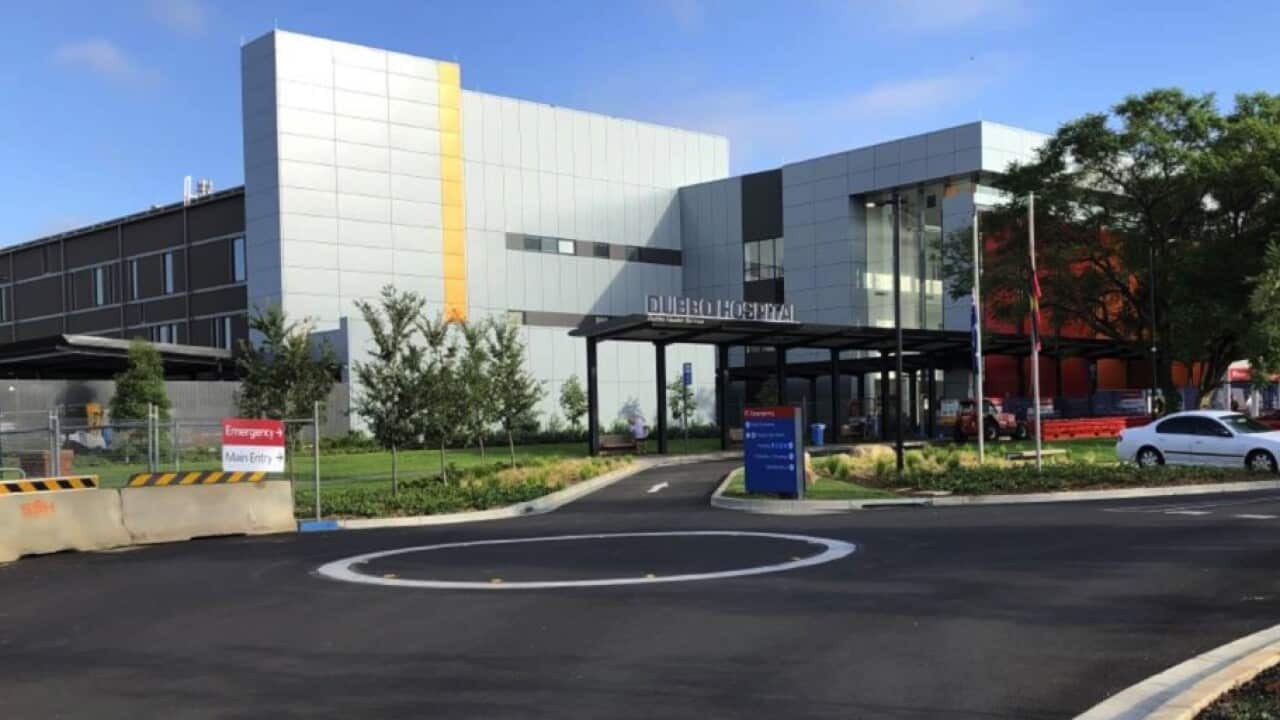Wilcannia's local health service, Maari Ma Aboriginal Health Corporation, warned the federal government in March 2020 of the impact COVID-19 could have on the town's mostly Indigenous population.
The far western NSW community is reeling from the growing number of COVID-19 cases.
In light of Maari Ma's early warning, locals are immensely frustrated that the virus has reached the town at all.
Dr Peter Malouf, from the Aboriginal Health and Medical Research Council of NSW said the voices of community organisations should have been listened to months ago.
“Our community-controlled health services in those areas certainly expressed to government 18 months ago about preparedness and investing in resources in those communities," the Wakka Wakka and Wulli Wulli man told the ABC.
"But those requests had obviously been silenced by both the commonwealth and NSW governments, and now we’re seeing these high numbers of cases.
“It’s just horrible.” Four new cases of the virus were recorded in Wilcannia on Tuesday, bringing the total recorded number of infected to 73.
Four new cases of the virus were recorded in Wilcannia on Tuesday, bringing the total recorded number of infected to 73.

Police check on Wilcannia resident Paulie Murray. Source: Supplied: Wilcannia River Radio
The letter, sent by Maari Ma Aboriginal Health Corporation to federal Indigenous Australians minister Ken Wyatt, warned of the vulnerability of western NSW communities to COVID-19.
“We cannot wait until the first case turns up in the community, or worse, the first hospital case presents,” the letter read.
“The poverty and extreme vulnerability of Aboriginal people and communities in the Murdi Paaki region is a direct result of decades of failed government policies.
“I’m sure you can understand our anxiety that these failures not continue, or worsen, throughout the COVID-19 crisis.”
'Too little, too late'
The situation Maari Ma warned of is now playing out in Wilcannia, with residents struggling to isolate in overcrowded homes, and resourcing for the health service unable to keep up with the outbreak.
Shadow Indigenous Affairs minister Linda Burney said the outbreak in western NSW is a ‘national disgrace’.
“These infections could have been prevented,” she said.
“It is too little, too late in western New South Wales. We know that the federal government was warned back in March 2020 that this was going to be the outcome if they did not step in.
“That was over 12 months ago.” When asked about the concerns raised by Maari Ma, NSW Health Minister Brad Hazzard said he had spoken to the planning minister “as late as yesterday” to get approvals for temporary isolation accommodation, but didn’t know whether the facilities had arrived yet.
When asked about the concerns raised by Maari Ma, NSW Health Minister Brad Hazzard said he had spoken to the planning minister “as late as yesterday” to get approvals for temporary isolation accommodation, but didn’t know whether the facilities had arrived yet.

Wilcannia, has a population of around 745 people, mostly Barkindji mob. Source: John Janson-Moore
Minister Hazzard also pointed to the vaccination rollout, saying “Aboriginal people are obviously primarily the responsibility of the federal government.”
“It's very challenging and it certainly would have been preferable if the Indigenous community across NSW had been vaccinated earlier, no question,” he said.
“... We can either look back and say what we should have done and we could spend our energy on that or we could spend our energy on making sure it gets fixed as best a possible.”
'Going in hard'
Deputy Premier John Barilaro also blamed the federal government for the low vaccination rates in western NSW's Indigenous communities.
“Should they have been vaccinated earlier? Yes,” he said.
“It was all part of the federal government's rollout of the vaccination program at the start of the year.
“It didn't occur, and now we're having to really go in hard.”
Federal health minister Greg Hunt said the commonwealth had responded to the concerns raised by Maari Ma last year.
"Specifically in relation to Wilcannia, the vaccines have been available there since March 22 and they've been doing a great job.
"We've recently upped the number of vaccines available. What we are seeing in the Wilcannia region is a 58% vaccination rate.
"We note that through February and March of last year, we focused on Indigenous Australia. We had put in place specific protections; we actually listened to groups, such as Maari Ma."










